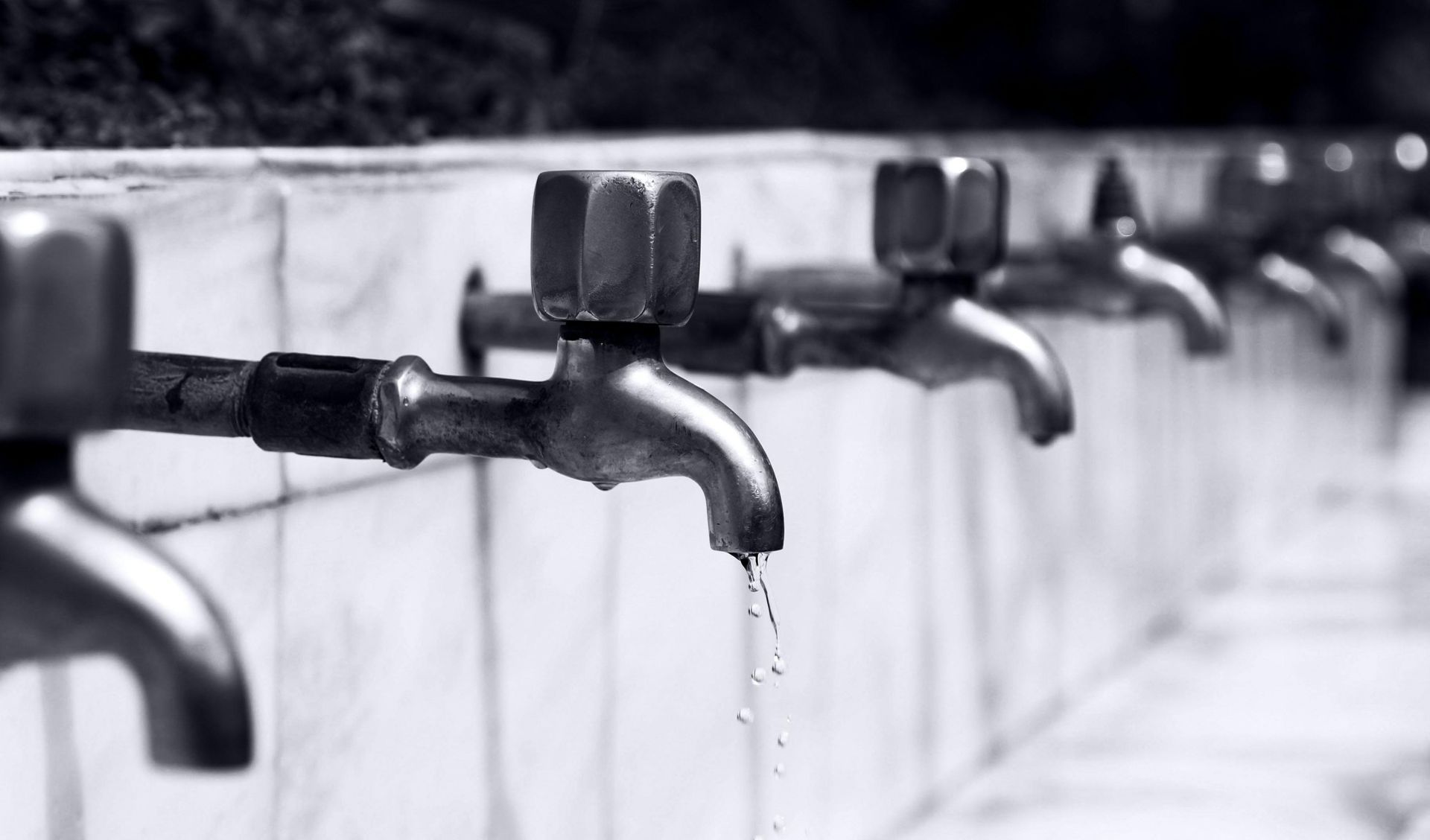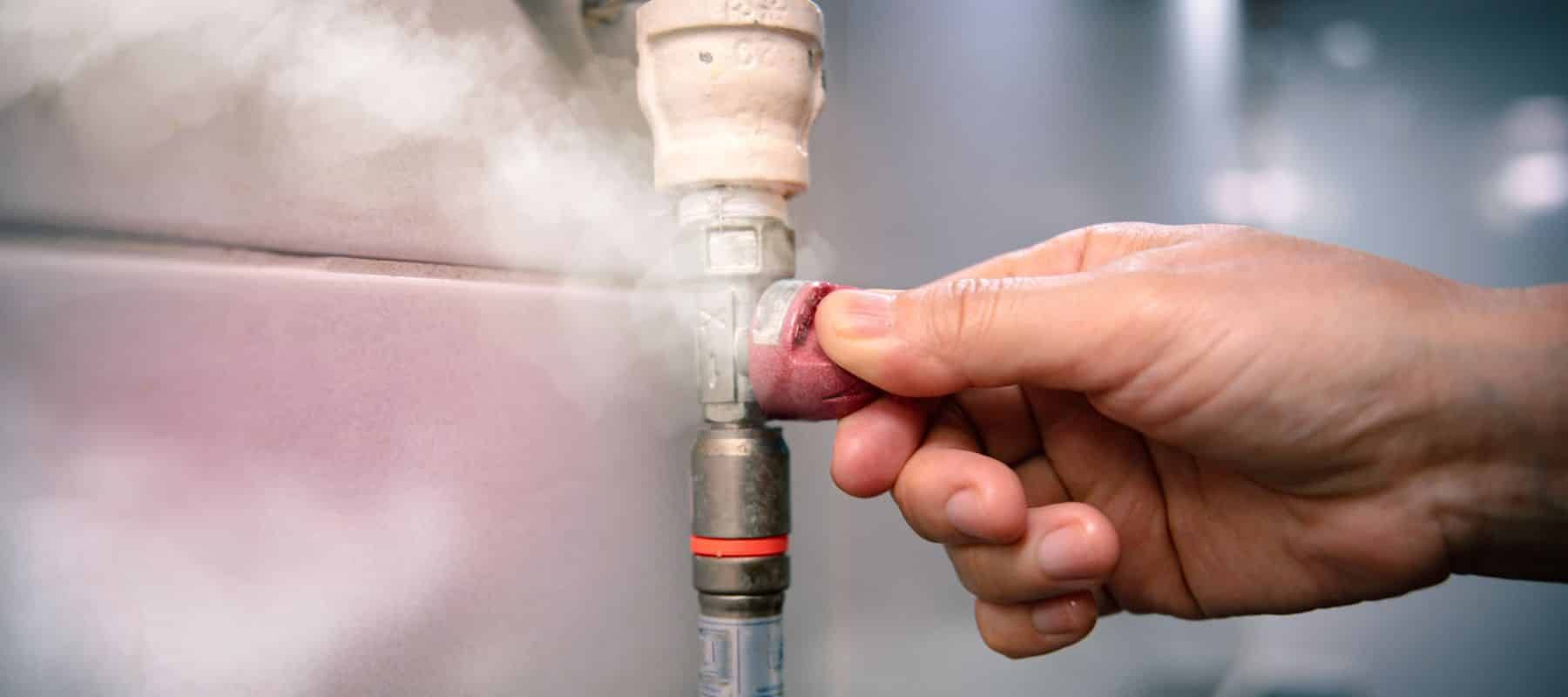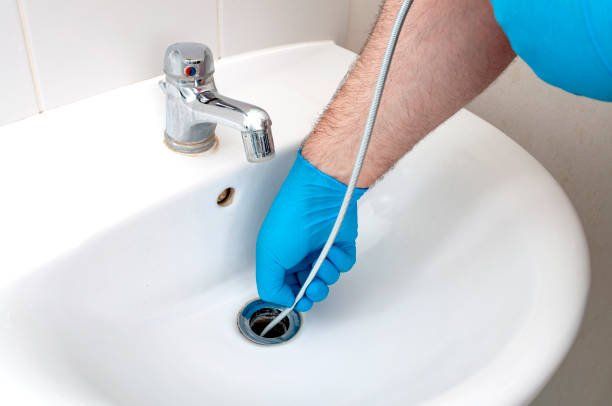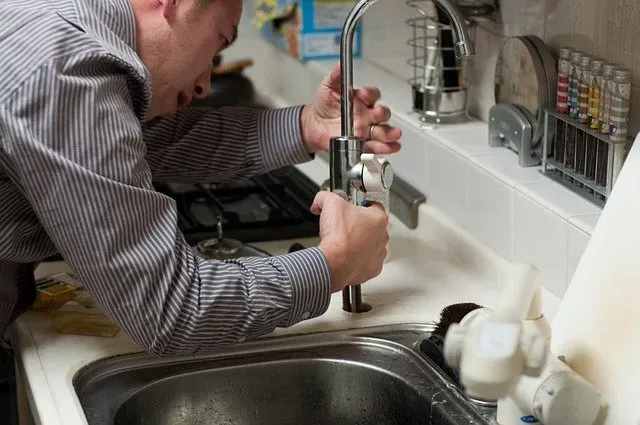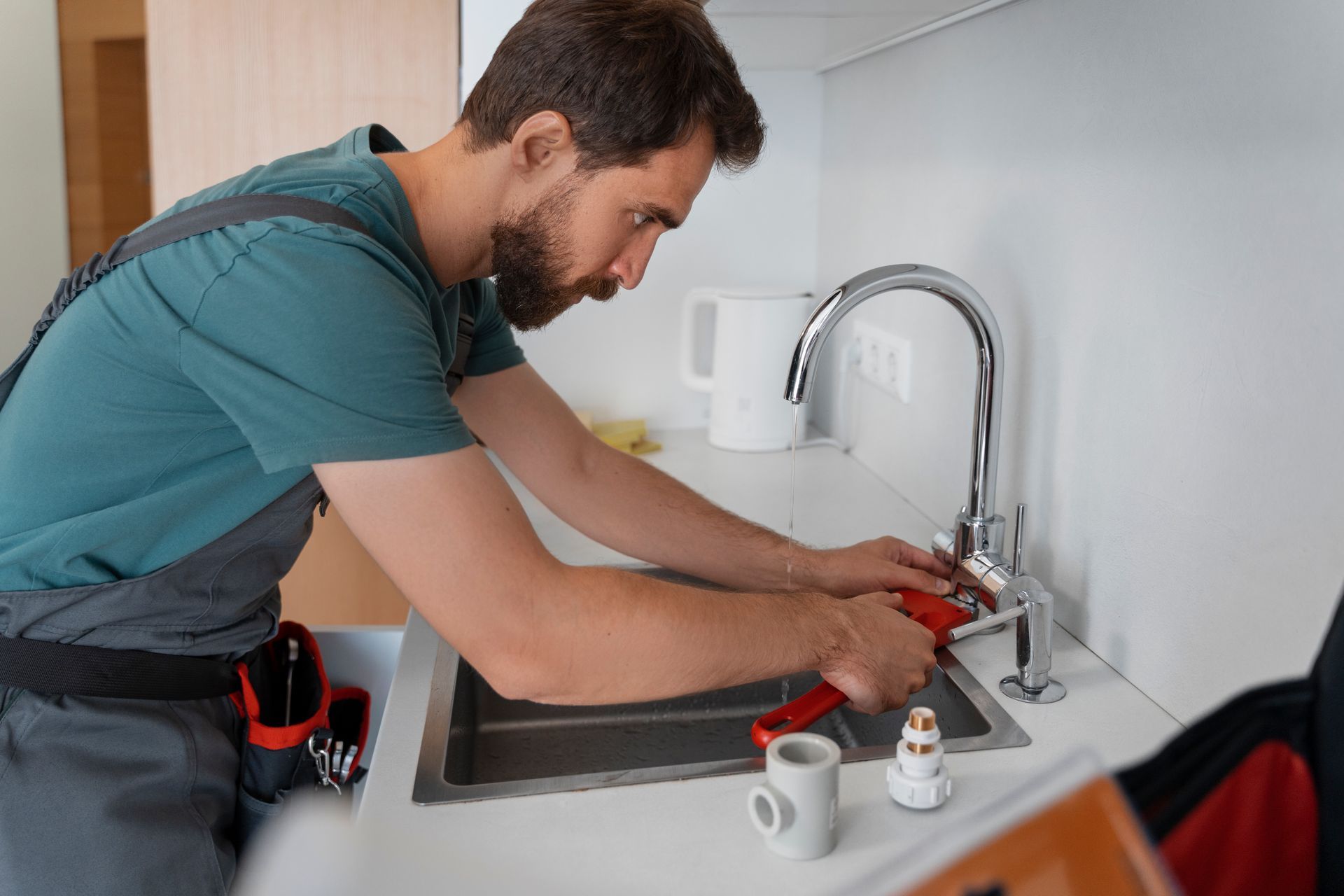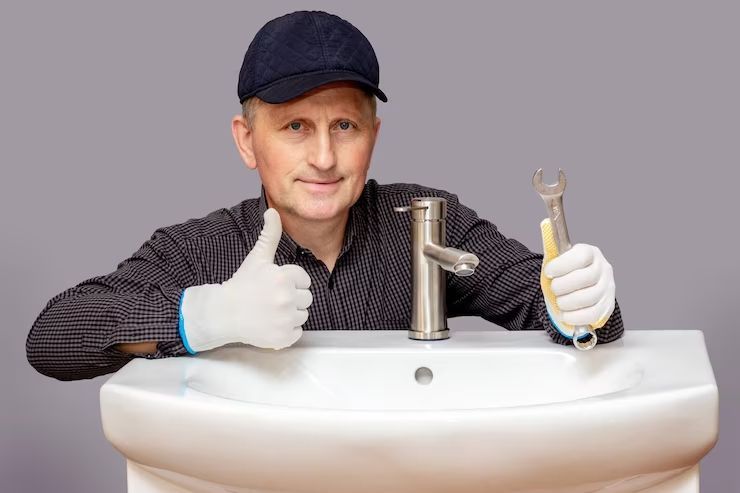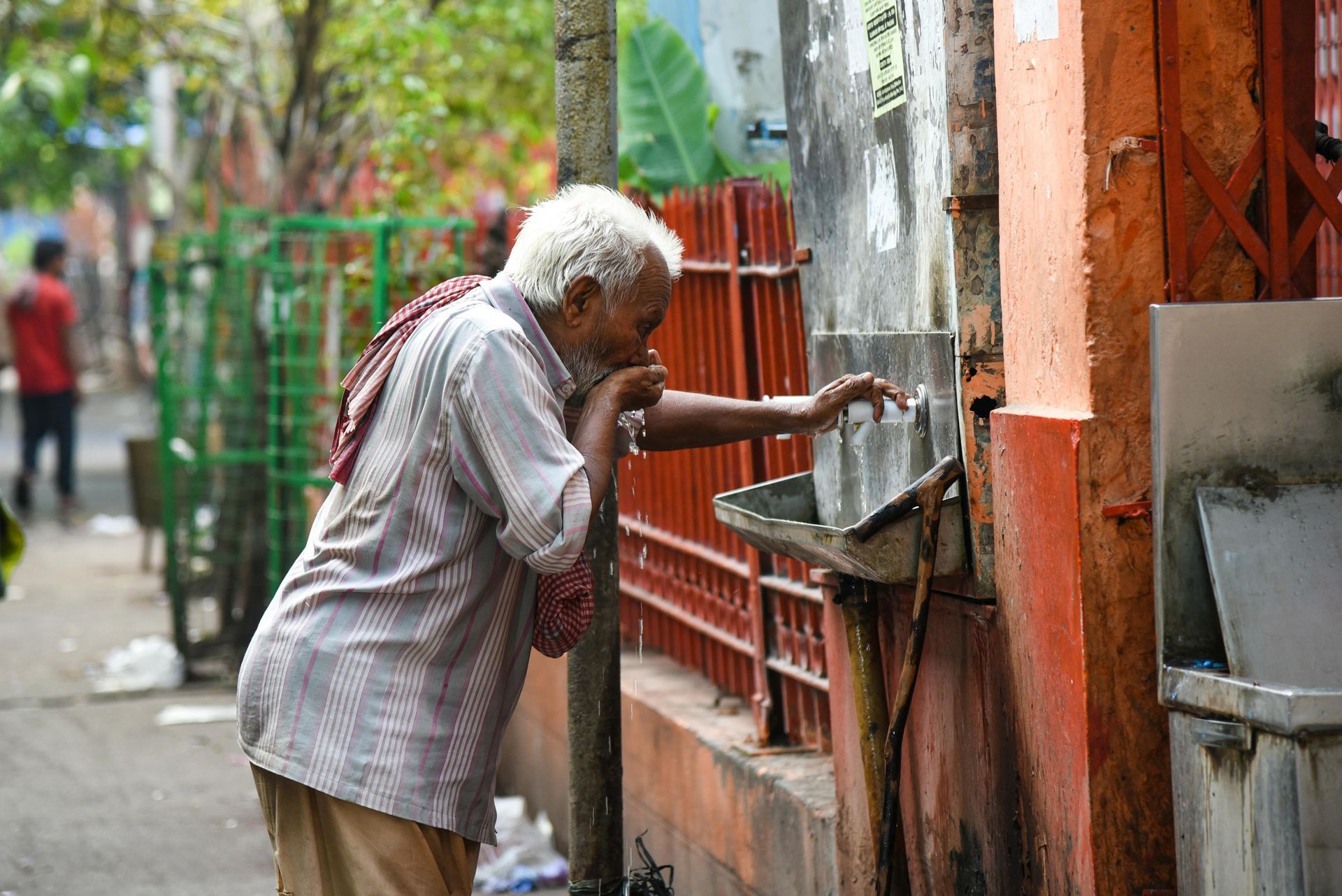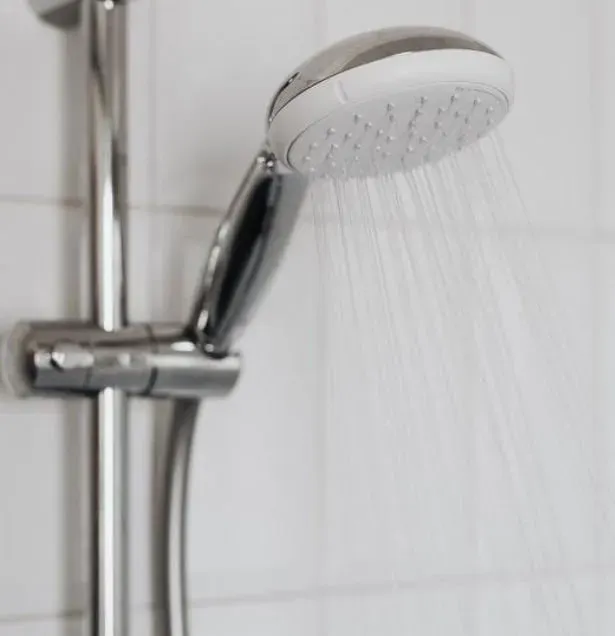How To Properly Replace A Faulty Water Shut-Off Valve?
A leaky pipe under your sink is a common plumbing issue that can quickly escalate if not addressed promptly. Even a small drip can cause water damage, promote mold growth, and increase your water bills. Fixing the leak yourself can save money and prevent further damage, but it requires careful diagnosis and the right approach. This article offers a detailed, professional guide on how to identify and repair a leaky pipe beneath your sink. Along the way, we will also discuss important plumbing concepts such as how to prevent clogs in your laundry room drain, the role of sump pump repairs in maintaining your home’s plumbing health, and when it’s best to call in experts like All City Plumbers.
Understanding the Causes of a Leaky Pipe Under the Sink
Leaky pipes under the sink usually stem from a few common issues. Over time, washers and gaskets can wear out, seals can degrade, and fittings may loosen due to vibrations or corrosion. The P-trap—the curved pipe beneath the sink—is often a frequent source of leaks because it collects debris and is subject to frequent disassembly during drain cleaning. Supply lines, shut-off valves, and compression fittings can also develop leaks if they become loose or damaged. Environmental factors like temperature changes can cause pipes to expand and contract, which may loosen joints or cause cracks. Recognizing these causes is essential for effective repair.
Diagnosing the Leak: Finding the Source
Before attempting any repairs, it’s critical to pinpoint exactly where the leak originates. Clear out the cabinet under your sink and dry the area thoroughly. Turn on the faucet and watch carefully for water dripping or pooling. Sometimes leaks are obvious, but slow drips can be harder to detect and may require running the water for a few minutes. Common leak points include the connections between the sink drain and the P-trap, the joints between pipe sections, and the water supply lines or valves. Marking the leak location helps ensure you focus your repair efforts correctly.
Tools and Materials Needed for Repair
To fix a leaky pipe under your sink, you will need several basic plumbing tools and materials. An adjustable wrench and channel lock pliers are essential for loosening and tightening fittings. Replacement washers, gaskets, or pipe sections may be necessary depending on the damage. Plumber’s tape (Teflon tape) helps create watertight seals on threaded connections. A bucket or towels will catch any water during the repair process, and pipe joint compound or plumber’s putty can assist in sealing joints. Having a flashlight is also helpful for visibility in the often cramped space beneath the sink.
Step-by-Step Guide to Repairing the Leak
The first step is to turn off the water supply to the sink. Most sinks have shut-off valves located beneath the basin; turning these valves clockwise will stop the water flow. If these valves are faulty or absent, you may need to shut off the main water supply to your home.
Next, place a bucket under the leaking pipe to catch any residual water. Open the faucet to relieve pressure and drain any remaining water from the pipes. Dry the area thoroughly with towels to create a clean working environment.
Begin by checking all visible connections for looseness. Use your adjustable wrench or pliers to gently tighten slip nuts and fittings around the P-trap, supply lines, and drain pipes. Be cautious not to overtighten, as this can damage plastic fittings or strip threads.
If tightening does not stop the leak, disassemble the leaking section carefully. Remove slip nuts and separate pipe joints to inspect washers and gaskets. These components frequently wear out and cause leaks. Replace any damaged washers or gaskets with new ones that fit your pipe size and material.
In cases where the pipe itself is cracked or corroded, you may need to replace the damaged section. Measure the affected pipe length and purchase a matching replacement. For PVC pipes, use a hacksaw to cut out the damaged section and connect the new piece with appropriate couplings and plumber’s tape. For metal pipes, ensure threads are clean and apply pipe joint compound before reassembling.
After repairs, reassemble the pipes carefully, making sure washers and gaskets are seated correctly. Hand-tighten all connections first, then use a wrench for a final gentle turn. Turn the water supply back on and run the faucet to test for leaks. Monitor the repaired area for several minutes to ensure the leak is fully resolved.
Preventative Plumbing Tips and Related Concerns
Fixing a leaky pipe is just one part of maintaining a healthy plumbing system. To prevent future issues, consider regular inspections and maintenance. For example, keeping your laundry room drains clear is essential to prevent clogs that can cause backups and leaks. Using strainers and avoiding flushing lint or debris down the drain can help prevent clogs in your laundry room drain.
Another important aspect of home plumbing maintenance involves sump pump repairs. A malfunctioning sump pump can lead to water accumulation and damage in basements, which may indirectly affect plumbing under sinks and other fixtures. Regularly testing and servicing your sump pump ensures it functions properly during heavy rains or flooding.
When to Call All City Plumbers
While many minor leaks can be fixed by a knowledgeable homeowner, some situations require professional expertise. Persistent leaks, extensive corrosion, water damage, or hidden plumbing issues within walls or floors are best handled by licensed plumbers. All City Plumbers provide expert diagnostic and repair services, including advanced leak detection, pipe replacement, and system upgrades. They can also advise on preventative measures to maintain your plumbing system’s health and efficiency.
Conclusion
A leaky pipe under your sink is a problem that demands prompt attention to avoid costly damage and inconvenience. By understanding the causes, carefully diagnosing the issue, and following a systematic repair process, you can effectively resolve leaks and protect your home. Incorporating preventative practices such as maintaining clear laundry room drains and ensuring sump pump functionality further safeguards your plumbing system. For complex or persistent problems, trusted professionals like All City Plumbers are your best resource for reliable, long-lasting solutions. Taking proactive steps today ensures a safe, efficient, and comfortable home environment for years to come.

